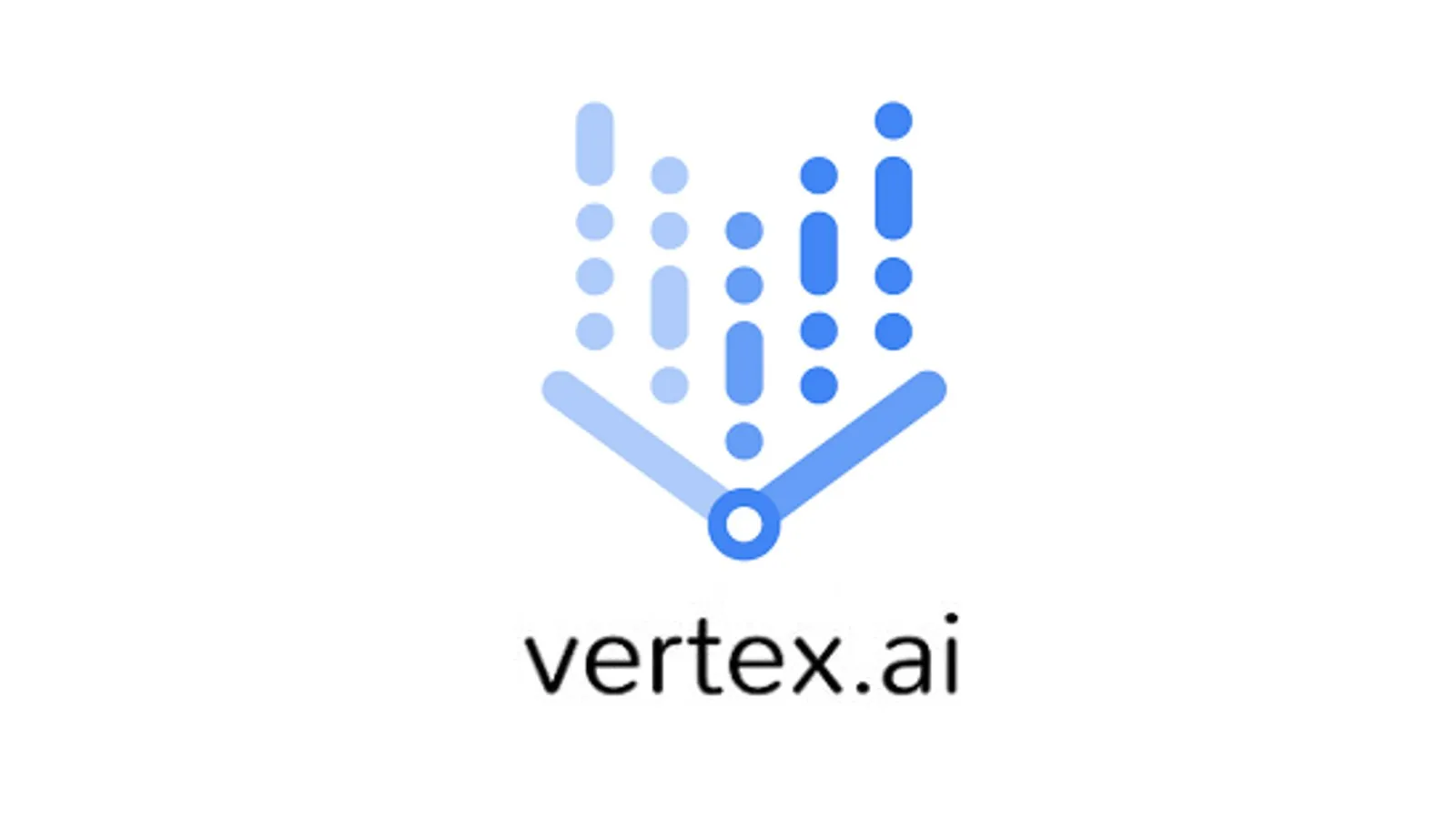Google announced on Wednesday that its latest artificial intelligence model, Gemini 1.5 Flash, surpasses OpenAI’s ChatGPT-4o in speed by a significant 20%. This announcement, made during a press briefing, signals a major development in the competitive landscape of large language models (LLMs) and their applications.
The Need for Speed in AI
The speed at which an AI model processes information and generates responses is crucial for several reasons:
- User Experience: Faster response times lead to more fluid interactions, making AI tools feel more intuitive and useful in real-time applications.
- Efficiency: In large-scale deployments, speed improvements can translate to substantial cost savings for companies running these models.
- Competitive Edge: For businesses and developers seeking to integrate AI into their products, a faster model can be a key differentiator.
Gemini 1.5 Flash: A Closer Look
While Google hasn’t released full technical details, the company claims Gemini 1.5 Flash builds upon its predecessor, Gemini 1, with several key optimizations. These likely include improvements in model architecture, training data efficiency, and hardware acceleration.
The Race for AI Dominance
The rivalry between Google and OpenAI is emblematic of a broader race in the tech industry. Both companies are vying for leadership in the AI space, with far-reaching implications for search engines, productivity tools, creative applications, and more.
What This Means for Users
Consumers can anticipate faster, more responsive AI-powered tools and services in the near future. This could impact everything from chatbots and virtual assistants to content generation and code writing tools.
Challenges and Considerations
While speed is important, it’s not the only factor determining an AI model’s success. Accuracy, safety, and ethical considerations remain paramount. Additionally, as these models become more complex, the resources required to train and run them may present challenges.
Google’s announcement is just one step in what promises to be a long and fascinating journey in AI development. As companies continue to push the boundaries of what’s possible, it’s clear that AI will play an increasingly significant role in our lives. The competition between Google and OpenAI, along with other players in the field, will likely accelerate innovation, ultimately benefiting users with more powerful and sophisticated AI tools.





























